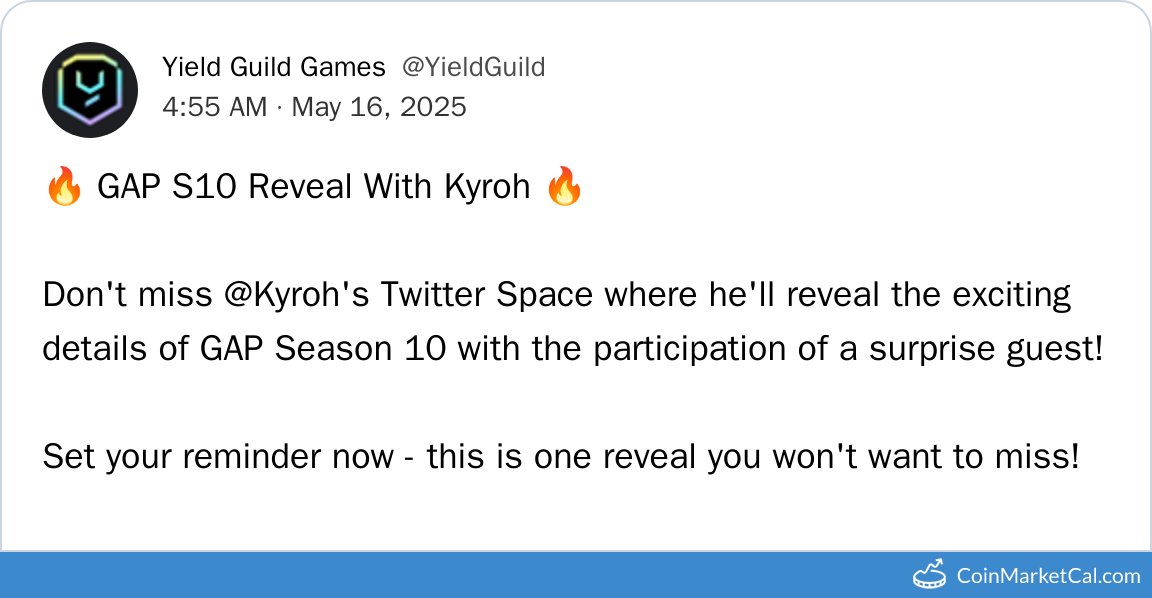
Yield Guild Games price

Disclaimer
OKX does not provide investment or asset recommendations. You should carefully consider whether trading or holding digital assets is suitable for you in light of your financial condition. Please consult your legal/tax/investment professional for questions about your specific circumstances. For further details, please refer to our Terms of Use and Risk Warning. By using the third-party website ("TPW"), you accept that any use of the TPW will be subject to and governed by the terms of the TPW. Unless expressly stated in writing, OKX and its affiliates (“OKX”) are not in any way associated with the owner or operator of the TPW. You agree that OKX is not responsible or liable for any loss, damage and any other consequences arising from your use of the TPW. Please be aware that using a TPW may result in a loss or diminution of your assets. Product may not be available in all jurisdictions.
Yield Guild Games market info
Market cap = Circulating supply × Last price

Yield Guild Games Feed
YGG calculator


Yield Guild Games price performance in USD
Popular Yield Guild Games conversions
| 1 YGG to USD | $0.21030 |
| 1 YGG to EUR | €0.18841 |
| 1 YGG to PHP | ₱11.7355 |
| 1 YGG to IDR | Rp 3,468.58 |
| 1 YGG to GBP | £0.15832 |
| 1 YGG to CAD | $0.29380 |
| 1 YGG to AED | AED 0.77243 |
| 1 YGG to VND | ₫5,451.01 |
About Yield Guild Games (YGG)
- Official website
- White Paper
- Block explorer
Yield Guild Games FAQ
Players who are part of Yield Guild Games’ guild benefit from access to valuable in-game assets without the need for significant upfront payment. They can earn in-game rewards and profits from the assets they use, creating a win-win situation for both Yield Guild Games and its members. Additionally, YGG is continuously expanding into new gaming markets and developing innovative products and services to help gamers earn even more money. Examples include yield farming platforms and guild management tools.
Players can engage with Yield Guild Games by becoming part of its SubDAO network, lending their NFTs to enable others to access play-to-earn (P2E) games and earn rewards. By pooling resources and knowledge, Yield Guild Games provides opportunities for players to generate income and participate in the growing metaverse economy, creating new avenues for economic empowerment and financial inclusion.
Easily buy YGG tokens on the OKX cryptocurrency platform. Available trading pairs in the OKX spot trading terminal include YGG/USDT and YGG/USDC.
You can also buy YGG with over 99 fiat currencies by selecting the "Express buy" option. Other popular crypto tokens, such as Bitcoin (BTC), Ethereum (ETH), Tether (USDT), and USD Coin (USDC), are also available.
Additionally, you can swap your existing cryptocurrencies, including XRP (XRP), Cardano (ADA), Solana (SOL), and Chainlink (LINK), for YGG with zero fees and no price slippage by using OKX Convert.
To view the estimated real-time conversion prices between fiat currencies, such as the USD, EUR, GBP, and others, into YGG, visit the OKX Crypto Converter Calculator. OKX's high-liquidity crypto exchange ensures the best prices for your crypto purchases.
Monitor crypto prices on an exchange
ESG Disclosure
YGG calculator




















